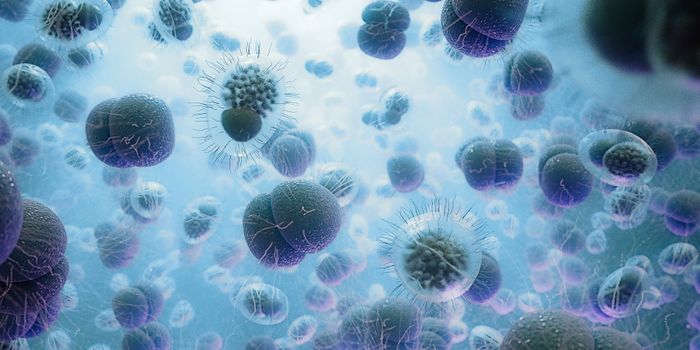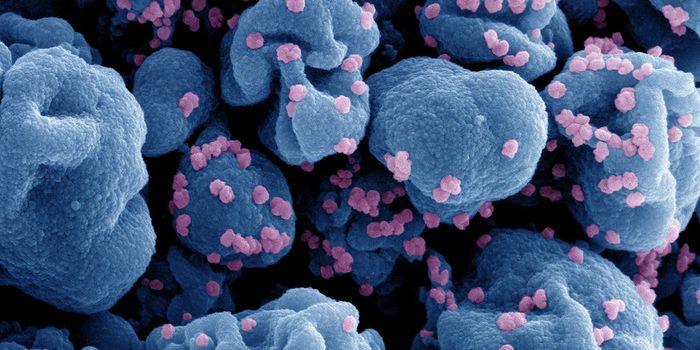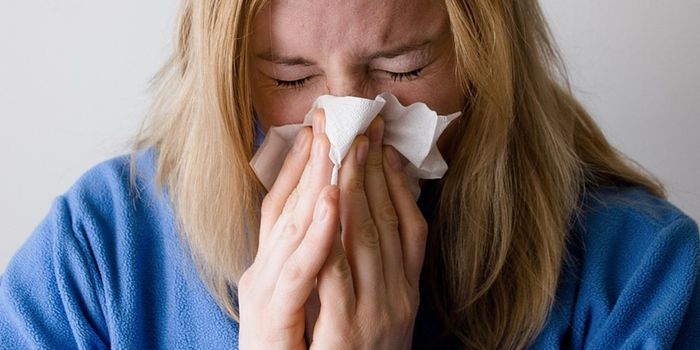Viruses Destroy Crucial Immune Cells That Battle Fungal Infections
Fungi that can cause lung infections are all over our environment. Recent research has highlighted the spread of fungal species as well. Once confined to certain regions, several fungal pathogens are now found all over the United States, for example, and the World Health Organization has warned that fungal infections are a rising threat. While fungi like Aspergillus aren't harmful to most people, they may cause serious or even deadly infections in those with fragile immune systems. Now, research has found that some viruses, including influenza and SARS-CoV-2 disrupt the body's ability to fight fungal infections, increasing the risk of disease even in otherwise healthy people. The findings have been reported in Science Translational Medicine.
"We discovered that influenza and COVID-19 destroy a previously unknown natural immunity that we need to resist invasive fungal infections," said first study author and graduate student Nicole Sarden of the University of Calgary.
In this study, the researchers used a mouse model and samples of human blood and tissue to assess the impact of a viral infection. Normally, white blood cells called neutrophils and a special kind of B cell assemble to battle fungal infections.
The researchers found that neutrophils that were exposed to viruses could detect a fungal infection, and did gather to fight it. But the neutrophils did not move to destroy the fungi and eliminate the infection as expected. The viral particles had also impaired the B cells, making them sluggish and impeding their cooperation with neutrophils. Thus, the white blood cells could not remove the fungal infection.
Additional work revealed, however, that existing drugs can be repurposed; they act to replace the natural antibodies that the impaired B cells would otherwise be making if they had not been impacted by a virus. These drugs enable neutrophils and B cells to team up and fight fungal infections once more, said Sarden.
Senior study author Dr. Bryan Yipp, MD began to work on this project after caring for a young person who had died from influenza-associated aspergillosis; "...every therapy we tried failed," said Yipp. "Our findings are very timely given the high numbers of patients affected by multiple respiratory viruses including influenza."
The researchers are hopeful that this study will help scientists create new diagnostic tests that can predict who might be affected by a severe fungal infection, based on their natural antibody levels. Antibody replacement methods might also be tested in clinical trials in the future.
Sources: University of Calgary, Science Translational Medicine









